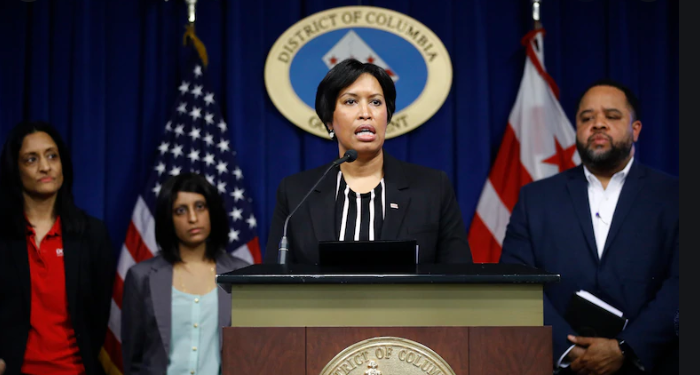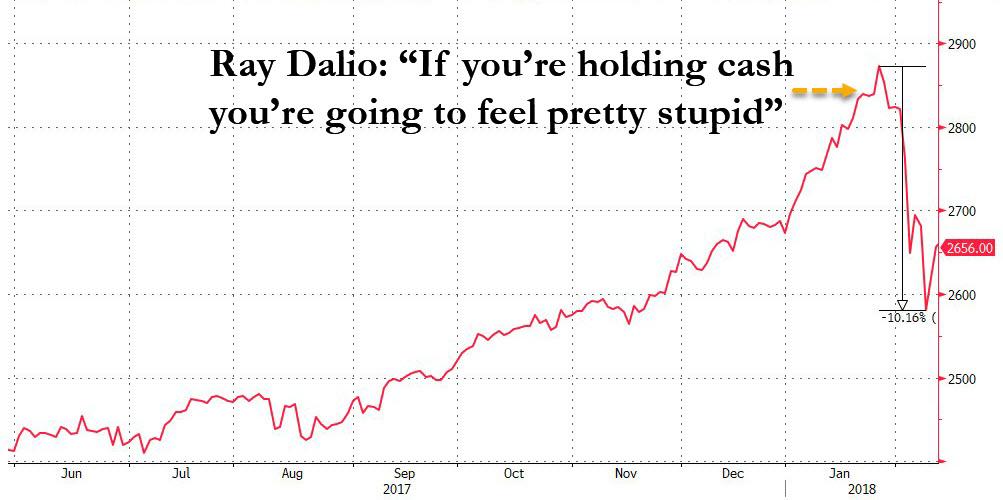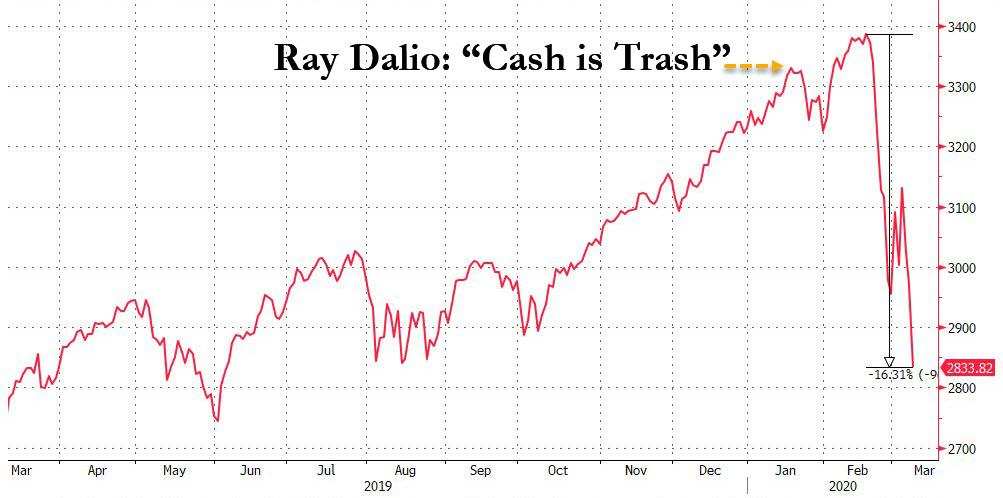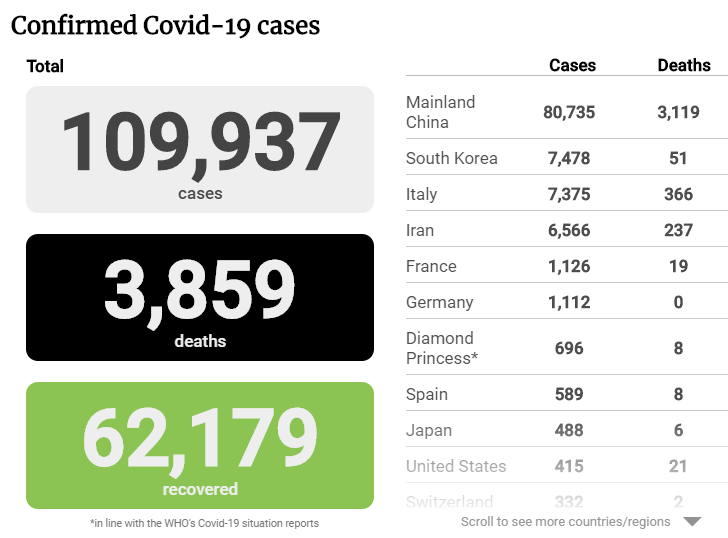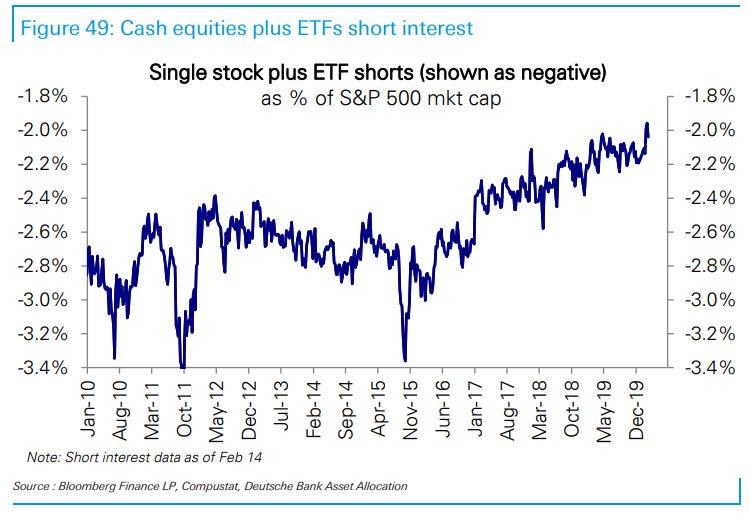When he arrived at Harry’s house in Grand Rapids, Michigan, on the evening of April 23, 2016, Dev had good reasons to be a tad apprehensive.
The occasion was Med Ball, a yearly prom for students enrolled in the College of Human Medicine at Michigan State University (MSU). Dev was one of those students, and he had decided at the last minute to accept an invitation to gather with a small group of acquaintances for drinks before the main event.
He knew several of them—Harry the host, and two women, Jillian and Valerie—from a service trip to Cuba a few weeks earlier, during spring break. Dev had thought he’d detected a certain mutual attraction between himself and Jillian, though nothing came of it. After Cuba, she broke up with her boyfriend and entered into a casual, friends-with-benefits arrangement with Harry. Valerie’s date for the Med Ball was Lucas, her soon-to-be-ex-husband. (All these names have all been changed to protect their anonymity.)
The night began with beers, wine, and Cuban cigars. It ended with hangovers and regret, following a series of alcohol-fueled arguments, dancing, some tears, and sexual encounters between several unexpected pairs of people. In other words, it was a night the various participants might well have been happy to forget—and move on with their lives.
But Dev can never move on from that night. Two years later, Jillian and Valerie told friends and administrators that the events of Med Ball had left them feeling deeply uncomfortable about Dev and that they didn’t want to be in clinical rotation with him. This raised red flags, and MSU decided to look into the matter. On April 17, 2018, the university informed Dev that he was being investigated for sexual misconduct.
Following an abbreviated and opaque procedure that not involve a hearing, Dev was found responsible and given an interim suspension. On February 14, 2019, Dev finally convinced the administration to grant him a hearing—but only to decide whether his suspension should go into effect. MSU ruled that it should, and Dev was removed from surgery rotation with only two weeks of work left. He was thus unable to take his final examinations, though this was the least of his problems. Within a few weeks, MSU formally dismissed Dev from the college of medicine.
Dev subsequently sued MSU for wrongful expulsion. By the time of his expulsion, he had incurred more than $283,000 in debt. As a doctor, he could have paid it back. But at this point, it is vanishingly unlikely that he will ever obtain a degree or practice medicine.
“I’m done,” Dev tells Reason. “I dedicated 8 to 12 years of studying for this. That was my life.”
***
In 2011, the U.S. Education Department’s Office for Civil Rights released a “Dear colleague” letter to universities and colleges instructing them to take sexual misconduct much more seriously. This new guidance reinterpreted Title IX—a decades-old gender equality law—to require that administrators investigate any complaint of unwanted sexual conduct and adjudicate it under the preponderance of the evidence standard (i.e., more likely than not).
The feds also discouraged cross-examination during sexual misconduct hearings—the Office for Civil Rights worried this could re-traumatize sexual assault survivors—which had the effect of motivating many universities to move toward a single-investigator model. Under this system, a sole administrator decides which witnesses to interview, what information to include in a report, and what outcome should be recommended.
The new policies, coupled with a cultural shift toward automatically believing alleged victims, have made college campuses very hostile to the concept of due process. Students accused of sexual misconduct—usually men, and often men of color or immigrants—face an uphill battle, not just in proving their innocence but in navigating the byzantine campus Title IX bureaucracy in order to mount any defense. Students are routinely denied adequate legal representation, access to the evidence against them, the right to call supportive witnesses, and the ability to effectively question their accusers.
The situation for the accused is often so unfair that some students suspended or expelled for sexual misconduct have gone on to sue their former universities. Many have won in court. Of the 537 post–”Dear colleague” letter lawsuits, accused students have triumphed in a little more than half of them, according to K.C. Johnson, a history professor at Brooklyn College.
Dev’s lawsuit is ongoing. The elements of his case resemble many others: a night of drunken sex that one party claims was consensual and another party remembers differently; a significant passage of time; an insinuation that eventually becomes a formal accusation; a fraught effort to mount a defense; a life-derailing finding of guilt. But with one court decision already against him, he’s in a tough spot. He’s financially ruined as well, and he can’t afford the caliber of lawyer he needs.
It’s a Catch-22: He can’t dig himself out of debt until he finishes medical school, but he needs to win the lawsuit to have a chance of doing that.
“If [the lawsuit] doesn’t work, I’m fucked,” says Dev. “And it’s probably not going to work.”
***
Dev was born in West Virginia to Sri Lankan parents. They soon moved to the suburbs of Detroit. Dev excelled at academics and was accepted at Harvard. He graduated in 2014 with degrees in human evolutionary biology and in mind, brain, and behavior studies, and he decided to return to Michigan for medical school.
In 2016, Dev was in his first year of medical school at Michigan State in East Lansing. MSU has a satellite campus an hour away, in Grand Rapids, where some of the medical school’s clinical training takes place. Grand Rapids was also the location of Med Ball.
The events of that night would eventually be chronicled in an exhaustive series of documents—including reports, lawsuits, interviews with the participants, and court opinions—obtained by Reason.
Dev drove to the pre-event party at Harry’s, where about 20 people had gathered. It was a mix of singles and couples, all dressed in suits and gowns. Dev caught up with Jillian and Valerie. They were drinking, but all accounts agree that no one was sloppy drunk by the time the pre-party ended.
One person who was not enjoying himself was Lucas, Valerie’s husband. Unhappy to be attending Med Ball—he was not a medical student—he quarreled with his wife throughout the night, according to all accounts.
The group took Ubers to the main event at Noto’s, an Italian Restaurant. Med Ball began with a cocktail hour, then dinner and an awards ceremony, and finally more drinks and dancing. Dev taught Jillian the waltz and the cha-cha. The pair engaged in grinding, and Jillian told Dev, “I guess you’re my date,” according to his lawsuit.
Meanwhile, the fight between Valerie and Lucas had escalated. Lucas told his wife he wanted a divorce and stormed out of the restaurant. Valerie went to the bathroom to reapply her makeup, and Jillian accompanied her. She tried to make Valerie feel better, according to Valerie’s account.
Valerie then disappeared, and Jillian went looking for her. Jillian soon found Valerie outside of Noto’s, in the company of Harry—with whom Jillian was in a sexual relationship. Valerie and Harry were kissing, according to all accounts.
Infuriated, Jillian ran back into the restaurant and up a flight of stairs. She sat down and texted Valerie: “Just done. Don’t expect me to be ur friend anymore.”
When Dev found Jillian, she was “upset, fairly drunk, and crying,” according to the judicial opinion. She explained that for weeks she had been sleeping with Harry, and Dev gathered that she was sad about seeing him kissing her friend. Dev began to comfort her, and eventually kissed her. According to Dev, she kissed him back enthusiastically, and they began touching each other over and under their clothes. Then they retreated to a stairwell.
Their recollections of what happened next diverge. According to Dev, Jillian took off her dress and willingly got down on her hands and knees for a sexual encounter. Dev tried to have penetrative sex with her, but was too drunk, and they eventually gave up.
“Everything was reciprocated,” Dev would later tell the investigators. “There was no hesitation. If anything, there was eagerness.” He recalled Jillian asking for his jacket to use as a cushion for her knees.
Jillian remembered things differently. She did not dispute that she took off her own dress, but she later claimed that she was too intoxicated to give consent and that she “shut down” during the encounter as “a reaction to the hurt she felt from seeing [Valerie and Harry] kissing,” according to investigators. She said she never explicitly agreed to the encounter, but she reported that she never said “no” either.
Afterward, they went back downstairs, where they ran into Harry. The group then took an Uber to a nightclub and sat down on a couch when they got there. Dev left, and Harry apologized to Jillian for kissing Valerie. Jillian then admitted to having a sexual encounter with Dev at the restaurant.
Valerie had come to the nightclub as well, but had trouble presenting her ID—it was in her purse, which was in Harry’s possession. When she finally made it inside, she found Harry and Jillian sitting closely together.
In her version of events, Valerie did not specifically remember interacting with Dev at the nightclub. But according to Dev, they danced together while Harry and Jillian were talking. She told him that he and Jillian would make a good couple, and Dev hinted that they might already be headed in that direction. But then Valerie placed her hand on his jaw and the two started kissing, according to Dev.
Meanwhile, Harry had passed out while talking with Jillian, and the club’s security guard told them they had to leave. The group decided to go back to Harry’s house. Jillian went to bed, while Dev, Harry, and Valerie stayed up talking in the kitchen. According to Dev, he left the room—and when he returned, he saw Harry and Valerie having sex.
Dev went upstairs to sleep in Harry’s bed. When he crawled under the covers, he found Jillian. They were both fully clothed, according to Dev. He recalled trying to kiss her, but she preferred to sleep. According to Jillian, nothing further happened between them.
Harry later recalled the scene differently. When he entered the bedroom, he thought Dev was trying to cuddle Jillian. He kicked Dev out of the room, and spoke with Jillian for about 20 minutes. He later recalled being upset with her.
Dev retreated to the living room, where he laid down on a large sectional couch next to Valerie. Their accounts of what happened next differ wildly: According to Dev, Valerie was awake, made room for him on the couch, and reciprocated when he touched her. Valerie recalled being asleep and waking up to discover Dev spooning her and touching her sexually. She said she gave him a firm “no,” and he moved off of the couch. Dev said Valerie communicated that she was too tired, and he desisted and went to sleep in another room.
The next morning, Dev drove back to East Lansing. Harry and Jillian went to brunch with another couple: a man and a woman. The woman had been at Med Ball and the nightclub as well, and she would later tell investigators that when she saw Jillian, Valerie, Harry, and Dev, they had all looked unhappy. No one was happy at brunch either. It seemed that Harry was mad at Jillian for sleeping with Dev.
***
Over the next two years, Dev had very little contact with the Med Ball crew, though he did move to Grand Rapids for school. He had tried to see Jillian again, but he gave up when she told him via text that her priority was Harry.
Things did not work out between Jillian and Harry. Jillian eventually filled out a formal request with MSU’s administration to never be placed in clinical rotation with either Harry or Dev because it would “significantly negatively affect my learning and well-being,” she wrote. (Jillian did not respond to a request to comment for this article.)
Valerie was placed in clinical rotation with Dev but felt uncomfortable around him and filed a request to be moved. Valerie noted that “a few other people” felt similarly about Dev. (Valerie declined to comment for this article.)
The double requests—Valerie’s and Jillian’s—raised the suspicions of MSU’s administration, and Assistant Dean Angela Busch arranged meetings with the two women.
In her meeting with Busch, Jillian—who had attended therapy in the years since, had come to see her experience with Dev as sexual assault, and was now struggling in school—broke down in tears. She did not elaborate upon her history with Dev, according to Busch, but another student whom Jillian had confided in informed the dean about the incident. As a mandatory reporter, Busch was obligated to initiate a Title IX sexual misconduct investigation. On February 26 and 28, the dean informed the Office for Institutional Equity (OIE) that Dev had allegedly assaulted the two women.
OIE hired a risk management firm, Kroll Associates Inc., to investigate the matter. The investigators informed Dev of Valerie’s allegation on April 17, 2018—nearly two years after the night in question. For reasons that will become clear, they did not inform him of Jillian’s allegation until July 31.
Valerie had a month to prepare for her interview with the investigators. Dev was given three days. His interview was scheduled for April 20—the same day as his internal medicine shelf exam, one of the toughest tests for doctors in training.
Dev failed it—in large part, he claims, because of the pending investigation. “It affected my academic performance, to say the least,” says Dev.
Unaware that he was facing potential expulsion and that he should consult an attorney, Dev allowed investigators to interview him. He had little time to prepare, and he did not fully understand that this meeting would be his only opportunity to challenge Valerie’s allegation and present evidence on his behalf. OIE discouraged him from finding a lawyer, instead suggesting that he choose an advocate—a supportive faculty member—to accompany him, he says. (The use of advocates rather than lawyers is frustratingly common in Title IX investigations.) Dev decided that he did not want to “burn any bridges” with faculty members in case he needed letters of recommendation from them, and went into the interview alone.
“That was my folly,” he says.
Investigators initially closed Jillian’s case on March 5, a few days after receiving the report from the dean, due to the alleged victim’s non-participation. Jillian was not interested in cooperating. But weeks later, in June, Kroll interviewed Jillian about Valerie’s case. Jillian then changed her mind and decided to move forward with her own case. Dev was interviewed about Jillian in August.
The investigators issued their decision in February: Dev had committed sexual misconduct in both cases. He was responsible for the sexual encounter with Jillian at Noto’s because Jillian had been too drunk to consent, and he was responsible for the sexual contact with Valerie on the couch because Valerie had not given consent.
In reaching this decision, Kroll purportedly used a preponderance-of-the-evidence standard, in which investigators only needed to be 51 percent confident that Dev was guilty. Investigators never held a hearing, nor did they allow Dev to cross-examine either his accusers or the several other people—Harry, the dean, various friends—who had made statements to the investigators.
Two days later, on February 14, MSU held a hearing to decide whether to accept Kroll’s recommendation of an immediate suspension for Dev. Dev was only permitted to argue against the suspension, not against the verdict itself. Interim Dean Aron Sousa argued before a three-person panel—a panel composed of adjudicators whom he had hand-picked for the position—that the suspension should go into effect.
According to the lawsuit, Sousa conceded that the allegations against Dev constituted a story that was “at some level” about a group of people “behaving badly and hurting each other.” But he maintained that Dev “took advantage of a friend” when she was not of entirely sound mind, and thus that the suspension “was reasonable and should be continued.” The panel agreed and suspended Dev. Two weeks later, he learned that the College of Medicine had decided to expel him. (Michigan State University declined to comment for this article.)
Dev appealed the decision, citing a relevant Sixth Circuit court decision, 2018’s Doe v. Baum, which held that due process requires a hearing and attorney-facilitated cross-examination in certain university disciplinary proceedings. This time, MSU granted him something resembling a proper hearing, though Dev attempted to argue that the adjudicator they chose—an administrative law judge named Mark Eyster—was biased because he was already aware of MSU’s finding of responsibility against Dev. Eyster did not rescue himself, he allowed the Kroll report to be submitted as evidence, and while he did grant cross-examination of the witnesses and accusers, he also permitted Jillian to refuse to answer certain questions.
The outcome was the same: The judge ruled that a preponderance of the evidence demonstrated Dev had engaged in sexual misconduct. Nearly out of options, Dev was expelled from the college.
That Dev did ultimately get a hearing with an administrative judge ended up being a serious blow to his lawsuit. Dev alleged that the process was biased against him and that the various investigators and adjudicators had not properly considered whether his accusers and their supporters had incentive to lie to cover up their own bad behavior. But on December 10, 2019, District Court Judge Paul Maloney ruled against Dev.
In his decision, Maloney held that since Eyster had already factored in various considerations that could have helped Dev’s case and deemed them not credible, there was nothing that could be done. Here is a relevant part of his decision:
Because the women were engaged in romantic relationships, [Dev] reasons, they were motivated to claim that their encounters with him were nonconsensual to protect their relationships. This may cast doubt on the accuracy of the proceedings if it were not considered by ALJ Eyster, but ALJ Eyster specifically mentions both [Jillian’s] relationship and [Valerie’s] marriage in his report. This was part of ALJ Eyster’s credibility determination, and therefore, it does not cast doubt on the accuracy of the proceedings.
Maloney was also unmoved by Dev’s argument that Eyster had allowed Jillian not to answer certain questions. Nor did it matter that Kroll’s finding had been Jillian was too drunk to consent, whereas Eyster had concluded that Jillian was not too drunk but still did not consent. “The difference does not cast doubt on the accuracy of the proceedings,” wrote Maloney.
In January, Dev’s attorney informed him that he would be stepping down from his case. Regrettably, he didn’t think appealing Maloney’s decision was a strong enough option.
Dev is appealing anyway, but he’s discouraged. He knows the odds are slim that he could obtain a more favorable decision at this point.
“Everything that I have falls into this weird grey area,” he says. “I don’t have any slam dunk.”
***
It might be tempting to say that Dev simply got unlucky: A coincidence prompted MSU’s administration to investigate, the investigators chose his exam day to interview him, the various judges were unexpectedly satisfied with the process, and so on.
The elephant in the room, of course, is Larry Nassar: an MSU doctor associated with the U.S. women’s national gymnastics team who was convicted of serial sexual abuse. Nassar’s appalling crimes captured the nation’s attention in 2017, subjecting MSU to a barrage of negative media coverage that suggested the university had utterly failed to protect female students from predatory men. Following the Nassar scandal, the university had every reason to be more proactive about allegations of sexual misconduct. Indeed, the Education Department’s Office for Civil Rights, which ensures that universities are complying with Title IX, initiated an investigation into MSU’s handling of the Nassar affair on February 22, 2018—just a few days before the university launched the investigation into Dev.
MSU’s failure to stop Nassar—who was credibly accused of molesting more than 250 girls—is, of course, a travesty. But a course correction that involves automatic suspicion of the accused and departures from due process norms is not the right remedy. Unfortunately, this is exactly what has occurred on college campuses all over the country.
Dev was accused of engaging in nonconsensual sex while under the influence, on a single night, years ago. He is one of many students who find themselves in this situation. According to The Atlantic‘s Emily Yoffe, 40 percent of alleged victims do not immediately report what happened, and the average period of delay is 11 months.
How can these men defend themselves against this kind of accusation, when neither they nor their victims remember everything that happened? How do they prove beyond a doubt that the people giving evidence against them—who themselves made embarrassing decisions—had reason to distort the truth, to disguise their own moral failings? How does an ostensibly fair system determine that exactly one person—Dev—must pay for what happened that night, and suffer the end of his career aspirations, social stigma, and permanent crippling debt, because of it?
“I’m broken,” says Dev. “I can’t fight this.”

from Latest – Reason.com https://ift.tt/2Q0tqz4
via IFTTT
